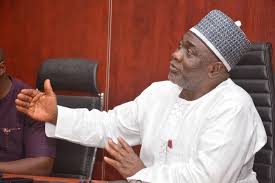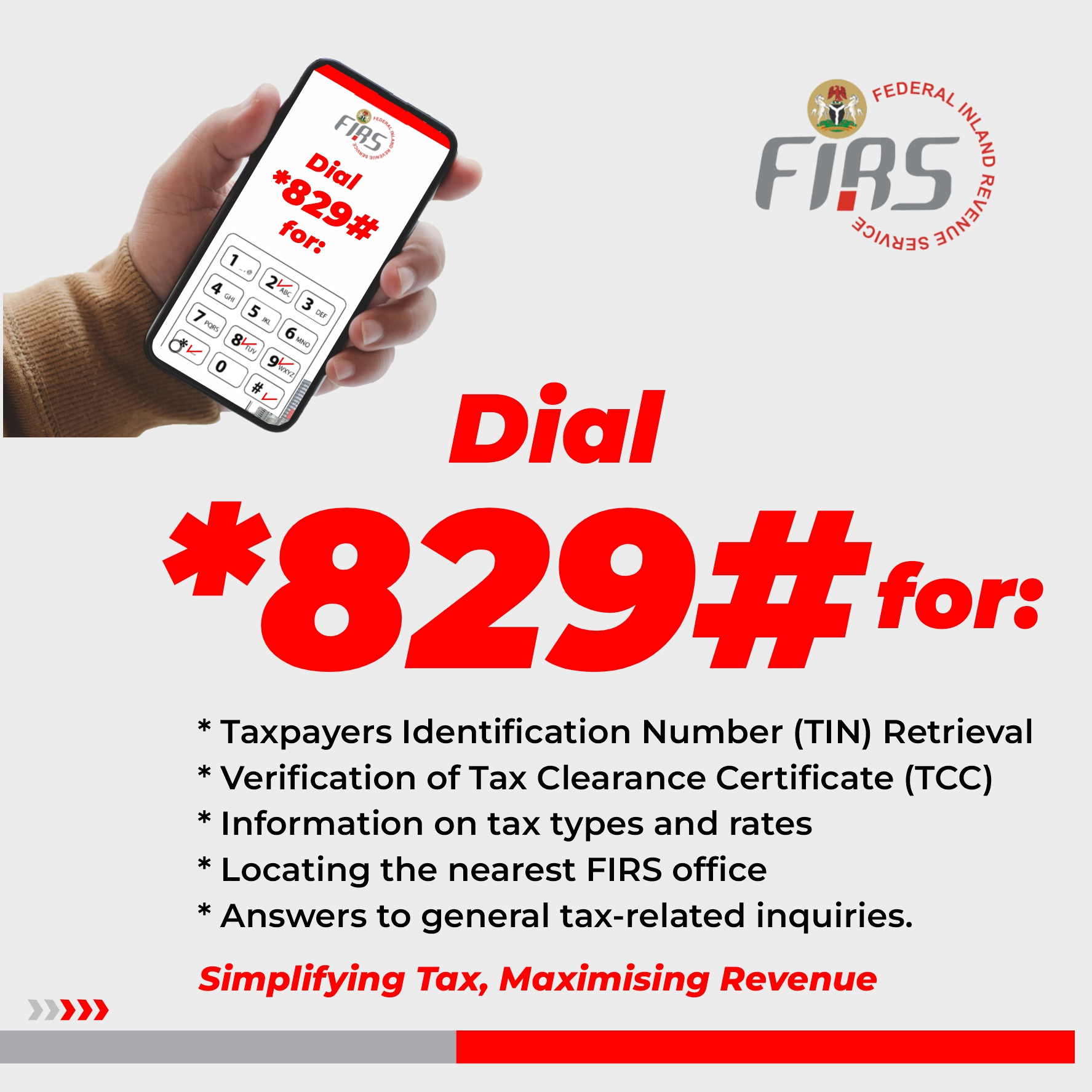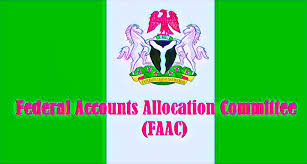Economy
2025 Budget: Kogi East Senator, Echocho says budget critical to development of infrastructure, security

As reactions trail the 2025 budget presentation by President Bola Ahmed Tinubu, Senator Jibrin Isah Echocho representing Kogi East Senatorial District on Wednesday said, the N47.9 2025 budget was critical to the development of infrastructure, security and human capital, given its sectorial allocation.

He however, said, there were concerns on servicing of debts as pointed out by President Bola Tinubu in the budget, cautioning that the every growing debt profile might pose danger to the implementation of the 2025 budget, particularly that the substantial allocation for debt servicing could hinder the country’s long-term fiscal sustainability.

The lawmaker who is the Senate Committee Chairman on Customs pointed out that one of the most disturbing issue was the 15% allocation to debt servicing in the 2025 budget, insisting that the level of expenditure on debt repayment is unsustainable and could deepen Nigeria’s economic crisis in the future.
“This is a critical issue because it raises fundamental questions about the sustainability of our debt levels,” he said.
The senator emphasized that while the budget aims to address key areas like security and infrastructure, the heavy reliance on borrowing may exacerbate the country’s debt challenges.
He stressed further on the need for Nigeria to ramp up efforts to improve revenue generation, highlighting that without enhancing the performance of revenue-generating agencies, the country could continue facing fiscal shortfalls.
He further expressed concern on the delayed presentation of the 2025 budget, attributing the delay to the government’s inability to fully execute projects from the 2024 budget, leading to a rollover of some projects into the new budget cycle, but expressed optimism that the budget would be finalized by the end of January, allowing for its timely implementation.
He said: “We ideally aim for a January to December budget cycle, but due to unforeseen circumstances, we will make necessary adjustments,” Echocho explained, emphasizing that the government remains committed to ensuring that the budget is passed promptly despite the challenges faced.
“To manage this deficit, we must focus on enhancing the performance of our revenue-generating agencies,” he stated, underlining that improving tax collection and reducing reliance on borrowed funds are crucial steps in ensuring Nigeria’s financial stability.
“The 2025 budget, like the 2024 budget, is expected to run at a deficit. The heavy burden of debt servicing, coupled with the reliance on borrowing to fund the budget, has led to concerns about the country’s ability to manage its fiscal policy effectively.’ Senator Echocho pointed out that while the government has ambitious plans for economic growth, achieving this while managing the deficit and debt will require robust fiscal reforms and strategic planning.
“The road ahead is challenging, but with the right policies and effective execution, we can achieve a more stable and prosperous future for Nigeria,” Echocho concluded, stressing the importance of balancing growth initiatives with fiscal responsibility.
He called for urgent reforms in revenue generation and emphasized the importance of responsible fiscal management to avoid a cycle of increasing debt, highlighting the delicate balance Nigeria must strike between investing in critical sectors for growth and ensuring that fiscal responsibility is maintained to avoid further escalation of the country’s debt challenges.























